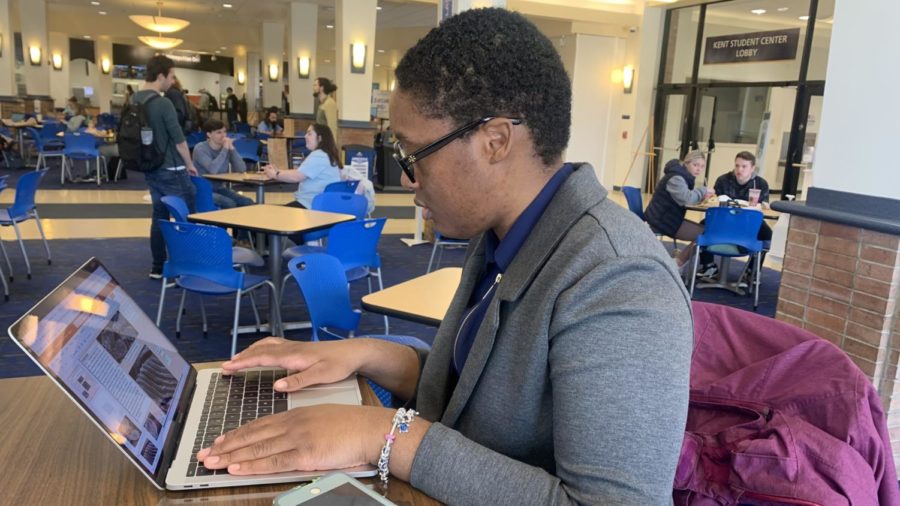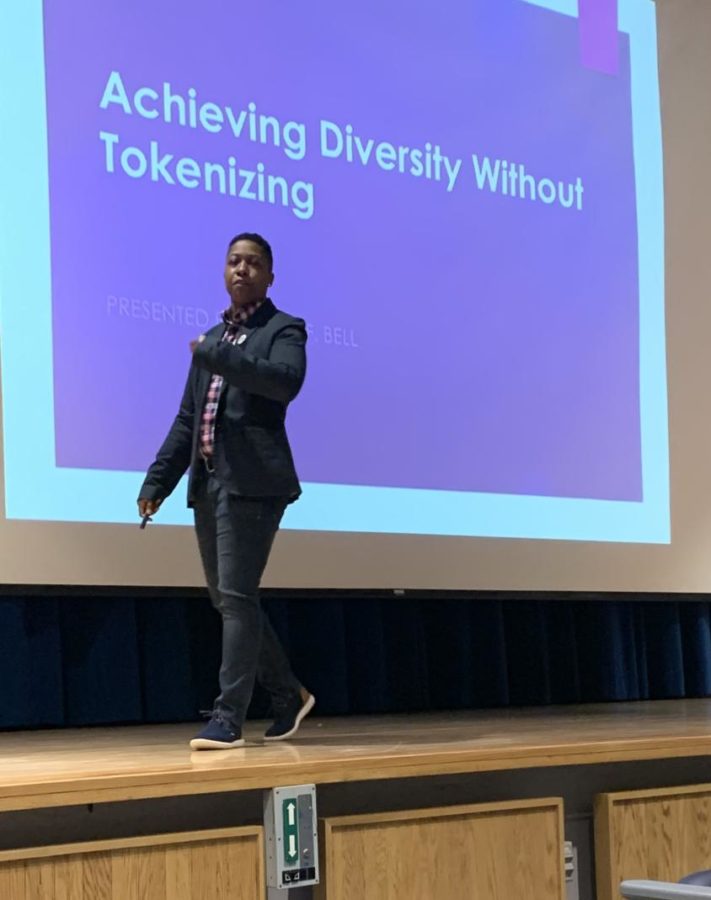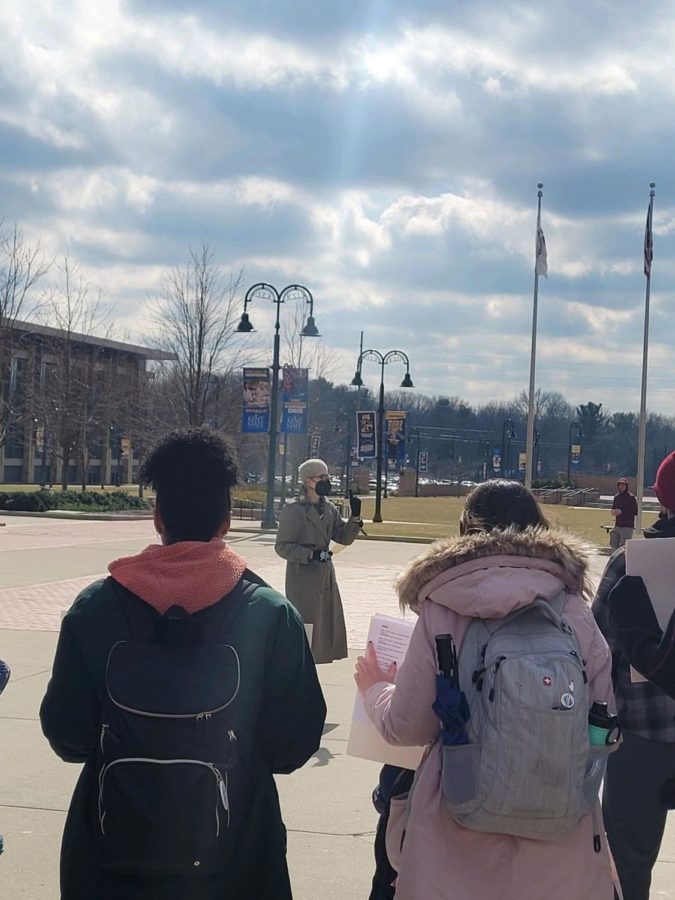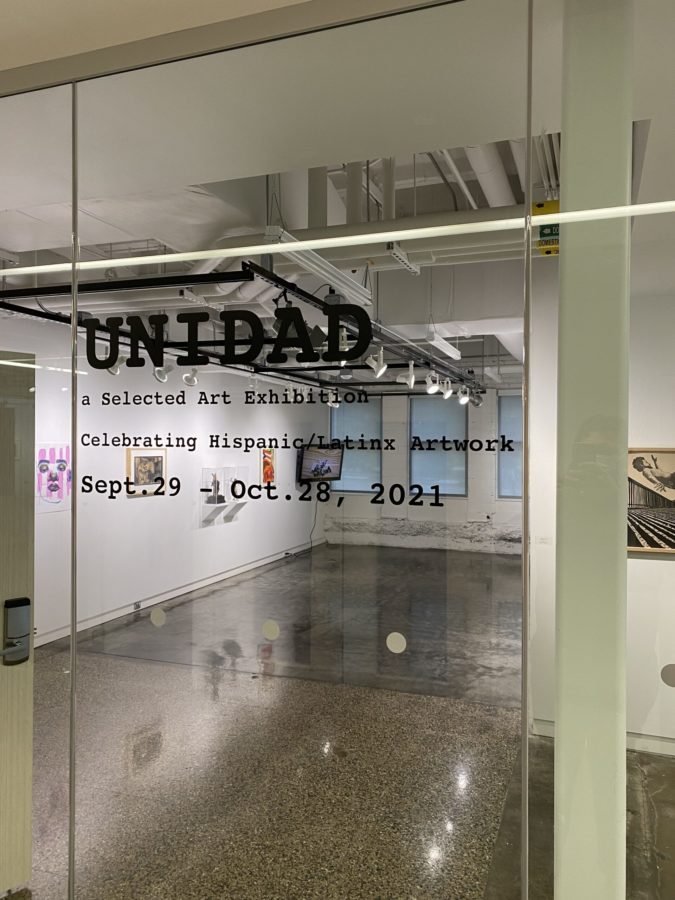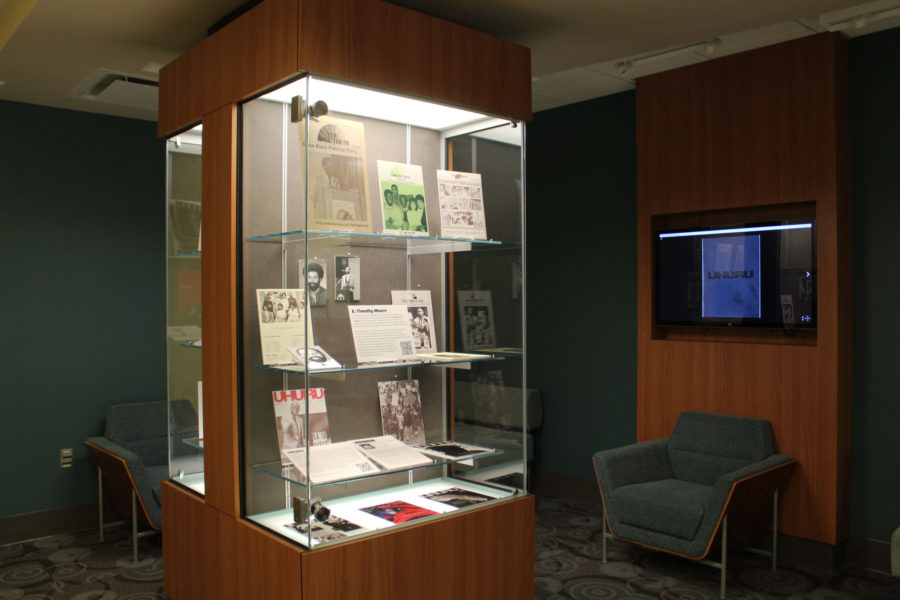John D. Rockefeller once said, “I don’t want a nation of thinkers, I want a nation of workers.” A nation of workers is the society we live in today.
For 23 years of my life, I have seen the people surrounding me living paycheck to paycheck, unhappy and deprived of the joys life has to offer. Too often, regret comes in the form of “I wish,” “I should’ve,” and “I wanted to.” The inequality of wealth in this society is troubling and the only solution I can think of is the creation of our own business. I believe we need more people wanting to be entrepreneurs, earning and creating their own wealth in ways that they enjoy, thus becoming the financial leaders of our communities, giving back to our communities and making a prosperous environment. Once we do that, I believe life will be more than what is now perceived.
The rich are getting richer, the poor are getting poorer. The economic inequality in this country has become very unsettling; the average American citizen has many odds and obstacles set in place, ensuring the advancement of the wealthy. Former Secretary of Labor for President Clinton and a brave soul named Robert Reich exposes these troubling truths in his documentary, “Inequality for All,” laying out the blueprints for how we got here and where we are headed. The documentary gives you trembling facts: There has been no growth in the average workers’ wages nor a percentage increase of their wages since the 1970s, but there actually has been a drop in the percentage of wages. The earnings of the top 1 percent compared to the bottom 90 percent is a difference of 256 percent. In 2014, the annual average wage of the 90 percent was $33,297, while the top 1 percent’s annual income was $671,061. The list can go on and on. The pressing issues have yet to be dealt with and are often ignored. As a people, we must stand strong against this beast that has been created out of capitalistic ideals and beliefs.
A community with small businesses is a community that thrives. The benefits of small businesses in the community are substantial, from providing the community with jobs to increasing the tax base. The African American community has always been on its own and as result, many African Americans tend to spend their time and money outside of their own communities, which has left these areas deprived of any economic gain. Before the civil rights movement and the end of segregation, many African Americans were small business owners, having their hands in banks, pharmacies and other businesses. These communities once thrived because of these owners, who gave African Americans jobs that weren’t open to them in most large industries. Also, because of segregation, many African Americans had to spend their money within their communities.
Greenwood, a neighborhood community in Tulsa, Oklahoma, was a prime example of this phenomenon. Many referred to it as “Black Wall Street,” because by the 1920s it was considered one of the most successful African American economies in American history.
Greenwood was filled with banks, hotels, cafés, movie theaters and boutiques, all owned by African American individuals. There have been countless examples of black communities that have generated a mass economic gain for themselves such as Harlem and Pittsburgh’s Hill District. Sadly, many of these communities collapsed due primarily to race riots, government-funded highways, and integration.
Starting your business can be terrifying, but without any great risk, there is no equal gain. As stated previously, generating your own wealth is the best way to oppose against the economic imbalance. For many African Americans, there needs to be a shift in the interest of owning their own communities and culture. Don’t be the “worker” that this society wants. Rather, break out of the norm and create your own.
The Black Dollar
July 10, 2018
Donate to UHURU Magazine
Your donation will support the student journalists of Kent State University - Uhuru Magazine. Your contribution will allow us to purchase equipment and cover our annual website hosting costs.
More to Discover

